Sometimes it feels like modern parenting has become a high-speed race, with kids being pushed to achieve more, grow up faster, and keep up with an overwhelming schedule of “activities.”

For most parents, it’s borne of a desire to see their kids have the best chances of success in life, but keeping their schedules booked solid and being on their backs to constantly be productive is a serious problem. This is known as “hurried child syndrome,” a term describing kids who are pressured into responsibilities, expectations, and stress levels far beyond their years. Here’s what it looks like and why it might be doing more harm than good. If you’re doing this to your own children, it’s time to take a huge step back.
1. Rushing childhood milestones instead of letting them happen naturally
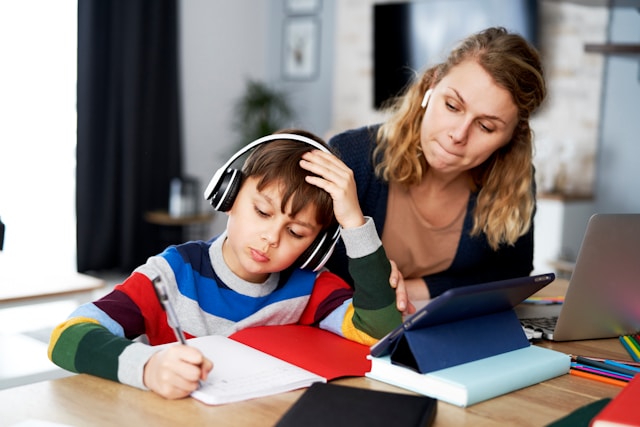
Some parents see childhood as a checklist — walking early, talking early, reading before nursery — as if fast-tracking development equals success. But forcing milestones too soon can create unnecessary stress for both parents and children. Every child develops at their own pace. When parents obsess over keeping up rather than allowing natural progress, kids can start feeling pressured rather than supported, making learning feel like a test rather than an enjoyable experience.
2. Packing their schedule with endless activities
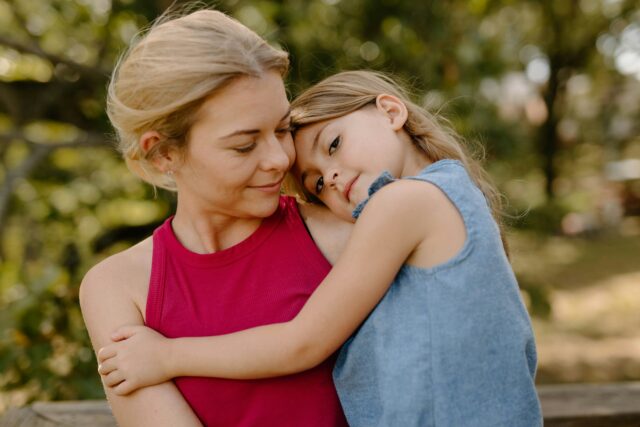
Football on Monday, ballet on Tuesday, swimming on Wednesday, extra tutoring on Thursday — some kids barely get a moment to breathe. While activities are great, overscheduling can leave them mentally and physically exhausted. Children need downtime to play freely, explore creativity, and, most importantly, be kids. When every hour is planned, they miss out on spontaneous fun, relaxation, and the ability to just do nothing, which is actually an important part of childhood.
3. Expecting them to be miniature adults

It’s easy to forget that children are, well, children. If they’re constantly expected to act mature, take on responsibilities beyond their years, or always behave a certain way in social settings, they may feel pressured to suppress natural emotions and playfulness. While teaching manners and responsibility is important, kids also need space to be silly, make mistakes, and not always have to think like a grown-up. Childhood isn’t a dress rehearsal for adulthood; it’s a phase that should be enjoyed.
4. Pushing academic success over happiness

From extra homework and additional tutoring to learning new skills in every spare moment, some kids are made to prioritise academics at the cost of their happiness. Parents may feel like they’re setting them up for success, but too much pressure can backfire. Studies show that constant academic pressure can lead to anxiety, burnout, and even a dislike for learning. A bit more balance, where effort is encouraged but not demanded, allows kids to stay motivated without feeling overwhelmed.
5. Enrolling them in competitive sports too young
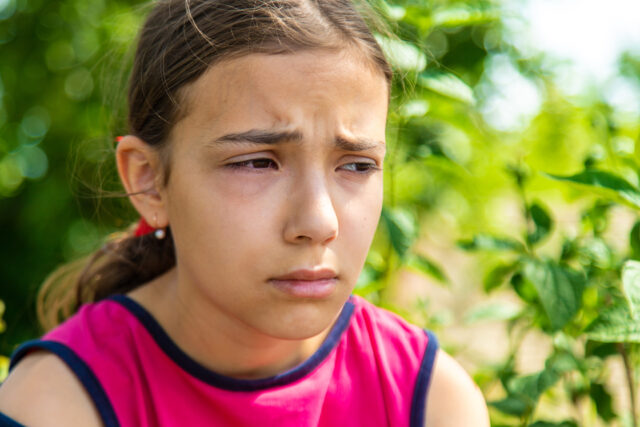
Sports are fantastic for kids, but turning them into elite-level athletes before they even hit double digits? That’s where things get tricky. Some children are pushed into intensive training, strict schedules, and high expectations far too soon. Instead of developing a love for the sport, some end up feeling exhausted, pressured, and even resentful. Kids should have the freedom to enjoy sports without it becoming another area where they have to achieve to feel valued.
6. Treating failure as something to avoid at all costs
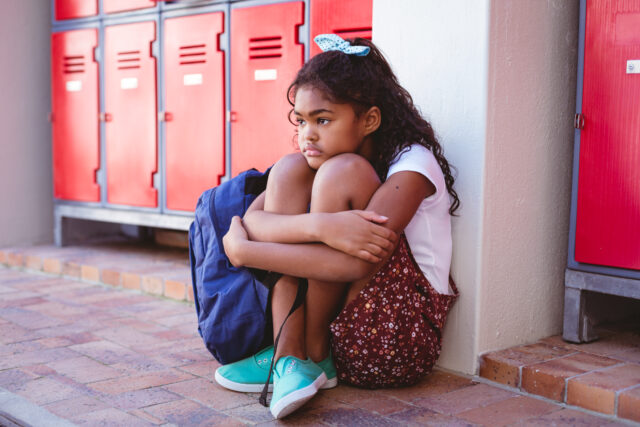
No parent wants to see their child struggle, but shielding them from failure or constantly pushing them to win at everything can create long-term stress. Kids need to learn that making mistakes is part of life, not something to be afraid of. When they’re pressured to be the best at everything, they may develop a fear of failure that stops them from trying new things. Teaching them resilience, rather than just success, sets them up for a healthier mindset.
7. Talking to them about the “real world” too soon
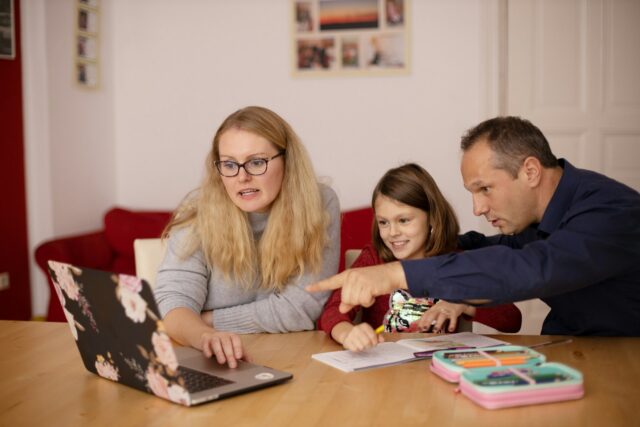 Source: Unsplash
Source: Unsplash Some parents believe preparing children for adulthood means constantly reminding them about money, careers, and responsibilities. While it’s great to teach life skills, bombarding kids with stress about the real world too early can rob them of childhood joy. There’s a difference between age-appropriate life lessons and making a child feel like they have to worry about things that aren’t their concern yet. Let kids be kids — there’s plenty of time for adulthood later.
8. Expecting perfection in behaviour and achievements
 Source: Unsplash
Source: Unsplash Perfectionism is exhausting, especially for kids. If they grow up feeling like they have to get everything right, always be polite, never get messy, or excel in everything they do, they might start feeling like their worth is tied to performance. Children who feel pressured to be perfect may struggle with confidence, anxiety, or even rebellion later. A bit of imperfection is healthy; it teaches them that mistakes don’t define them, and that they’re loved just as they are.
9. Taking away unstructured playtime
 Source: Unsplash
Source: Unsplash Kids don’t need an activity planned every second of the day — sometimes, they just need space to be bored. Free play encourages creativity, problem-solving, and independence in ways that structured activities can’t. If every moment is scheduled, they lose the ability to create their own fun, use their imagination, and explore the world around them. Play isn’t wasted time; it’s how kids learn in the most natural way.
10. Pushing them to be the best at everything
 Source: Pexels
Source: Pexels It’s great to encourage kids to work hard, but constantly comparing them to others or making every activity about “winning” can take the fun out of things. Not every child needs to be a star pupil, a top athlete, or a musical prodigy. Sometimes, kids just want to do something without the pressure of being the best at it. Whether it’s painting a messy picture, running a race for fun, or playing an instrument badly, joy matters more than achievement.
11. Turning every moment into a teachable one
 Source: Unsplash
Source: Unsplash Some parents feel the need to turn every moment into an educational opportunity. Watching a film? Let’s discuss its deeper meaning. Playing in the park? Let’s count how many trees there are. While learning is great, not everything needs to be a lesson. Kids learn naturally through experiences, not constant lectures. Sometimes, it’s okay to let them enjoy something without making it a mini classroom session.
12. Forgetting to let them just be kids
 Source: Unsplash
Source: Unsplash This has been said multiple times already, but it bears repeating. When kids are constantly hurried, they miss out on the small joys of childhood — climbing trees, building forts, laughing at silly jokes, and running around without a care in the world. These moments matter just as much as structured learning. Being a kid is about more than achieving things; it’s about feeling things — wonder, excitement, imagination, and fun. If children are rushed through their childhood, they might look back and realise they never truly got to enjoy it.
13. Feeling like you have to keep up with other parents
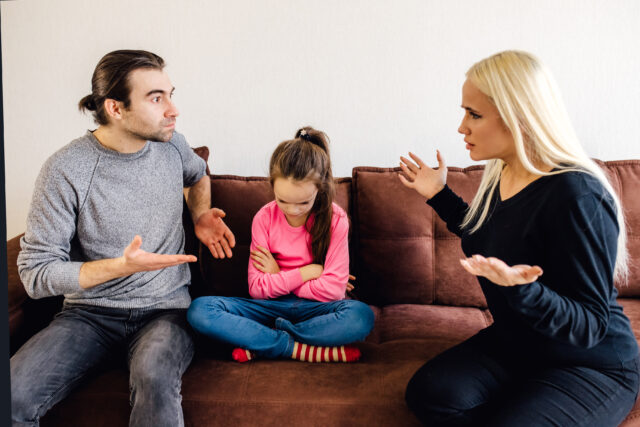
A lot of hurried child syndrome comes from parents feeling pressured by social media, by other parents, or by the idea that good parenting means keeping kids constantly engaged. It’s easy to feel like your child needs to do more just because everyone else’s seems to be. But kids aren’t in a competition. They don’t need the most extracurriculars, the best grades, or the busiest schedules to have a happy childhood. Sometimes, the best thing a parent can do is slow down, let them breathe, and just enjoy the little moments.




